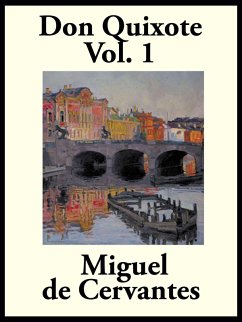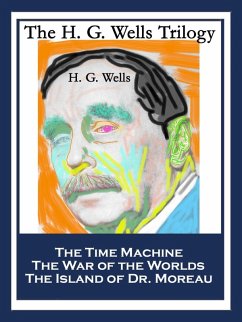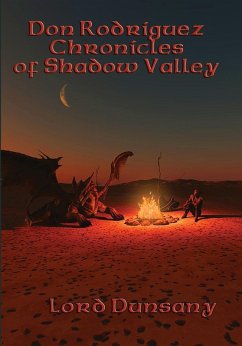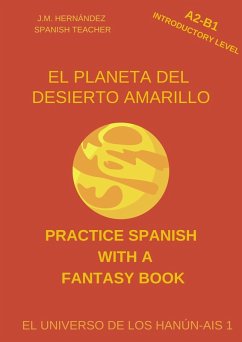Miguel de Cervantes Saavedra, also Cervantes, (Spanish: [mi'¿el de ¿e¿'ßantes saa'ßeð¿a]; 29 September 1547 (assumed) - 22 April 1616 NS)[4] was a Spanish writer widely regarded as the greatest writer in the Spanish language, and one of the world's pre-eminent novelists. He is best known for Don Quixote, a classic of Western Literature, published in two parts between 1605 and 1615, sometimes considered the first modern novel,[5] and the most influential work of fiction ever written.[6] Much of his life was spent in poverty and obscurity, many of its details are disputed or unknown, and the bulk of his surviving work was produced in the three years preceding his death. Despite this, his influence and literary contribution are reflected by the fact Spanish is often referred to as "the language of Cervantes".[7] In 1569, Cervantes was forced to leave Spain and moved to Rome, where he worked in the household of a cardinal. In 1570, he enlisted in a Spanish Navy infantry regiment, and was badly wounded at the Battle of Lepanto in October 1571. He served as a soldier until 1575, when he was captured by Barbary pirates; after five years in captivity, he was ransomed, and returned to Madrid. His first significant novel, titled La Galatea, was published in 1585, but he continued to work as a purchasing agent, then later a government tax collector. Part One of Don Quixote was published in 1605, and its immediate success allowed him to write full time for the first time. Part Two of Don Quixote was published in 1615, other publications include Novelas ejemplares, or Exemplary Novels, Viaje del Parnaso, or Journey to Parnassus, and Ocho comedias y ocho entremeses. Los trabajos de Persiles y Sigismunda, or The Travails of Persiles and Sigismunda, was published after his death in 1616















